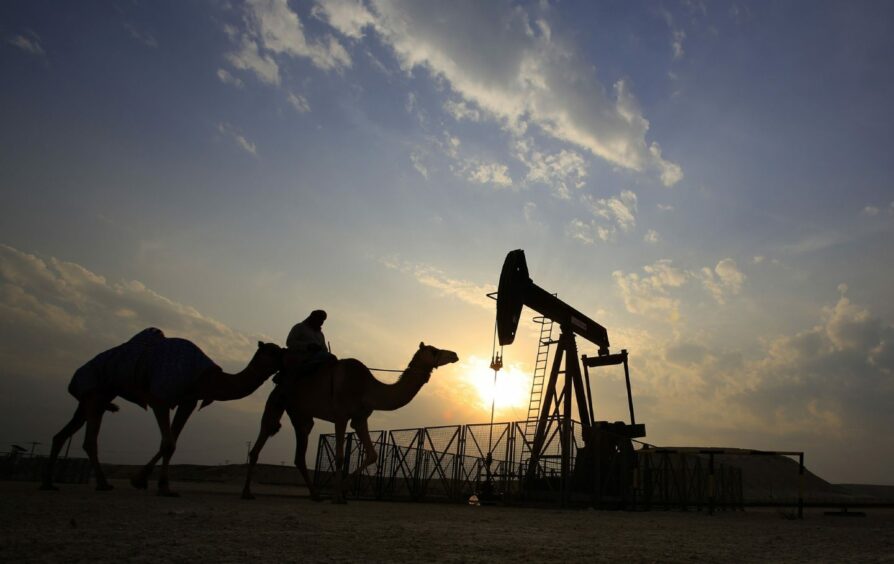
OPEC+’s decision to cut oil production will hurt the global economy and add to inflationary pressures, a senior US official said during a visit to the Middle East.
“The impact is wide ranging,” Barbara Leaf, Assistant Secretary of State for Near Eastern Affairs, told reporters in Kuwait on Wednesday. It came at “the worst possible moment,” she said, with the world only just emerging from the coronavirus pandemic and dealing with the fallout of Russia’s invasion of Ukraine.
The Organization of Petroleum Exporting Countries and its partners, a 23-nation alliance led by Saudi Arabia and Russia, on Oct. 5 opted to lower their output targets from next month by 2 million barrels a day.
That’s triggered a crisis in US-Saudi relations. Joe Biden – whose popularity has been hit by soaring pump prices for American motorists – said there would be “consequences” for Saudi Arabia.
Several members of Congress have accused the kingdom of aligning with Moscow and suggested Washington could restrict weapons sales to Riyadh or pass a bill known as NOPEC, enabling the US to sue the group’s members for manipulating the energy market.
Leaf said Biden would take a “methodical” approach to Saudi Arabia, one of the US’s most important and long-standing allies in the Middle East.
“No body has suggested an escalation,” she said, while on a tour of Egypt, the United Arab Emirates, Kuwait and Qatar. “I will undoubtedly go to Saudi at some point, just not on this visit.”
Saudi Arabia and other OPEC+ producers denied they’re lowering supply for political reasons. They said they needed to re-balance the oil market because a weakening global economy was slowing the growth of oil demand.
“There’s no question that there have been statements both from Riyadh and Washington telling us that all is not well,” Dana Stroul, US Deputy Assistant Secretary of Defense for the Middle East, said at the same briefing. “We’re going to have to recommit to dialog to discuss a way forward.”
Their comments contrasted with those of US officials toward Qatar, one of the world’s biggest producers of liquefied natural gas. The Gulf state, which left OPEC around four years ago, is pumping gas at maximum levels and investing billions of dollars with companies including Exxon Mobil Corp. to increase its capacity to export the fuel.
“Do we think they’re on our side?” Timmy Davis, the US ambassador to Qatar, said to reporters on Tuesday. “We absolutely do. We think they’re on the side of alleviating this energy crisis.”
Recommended for you
